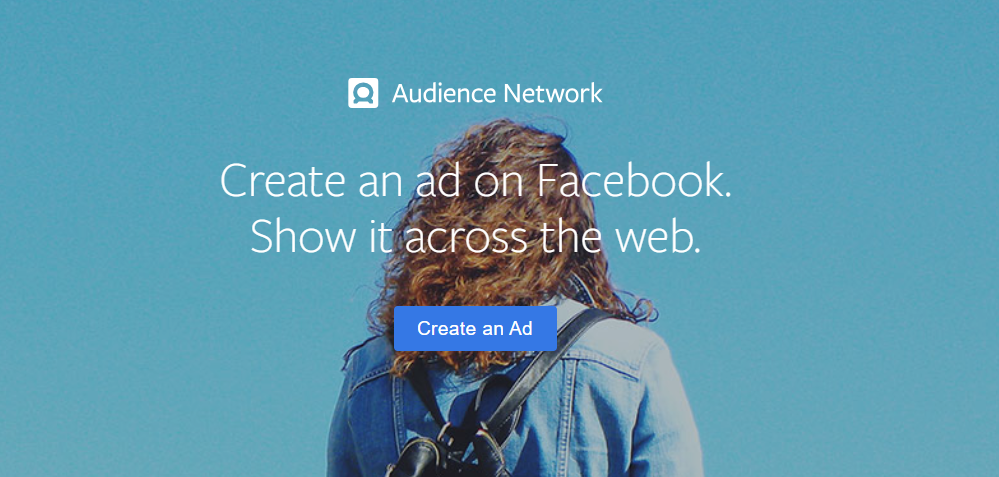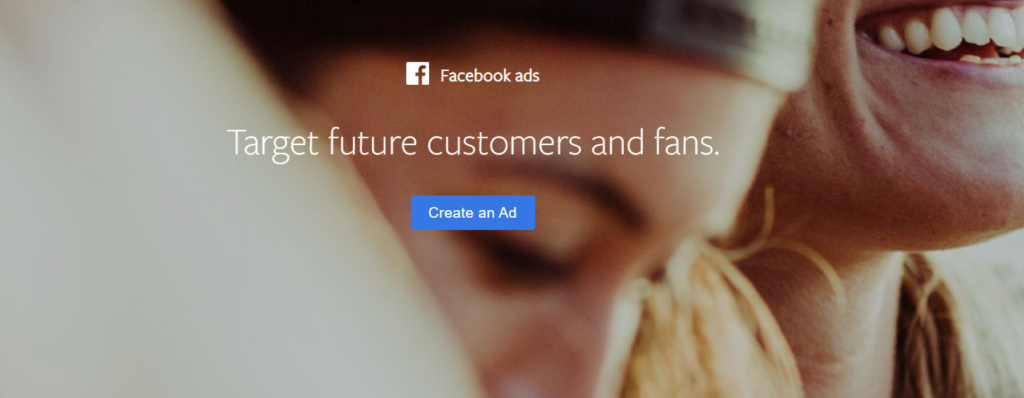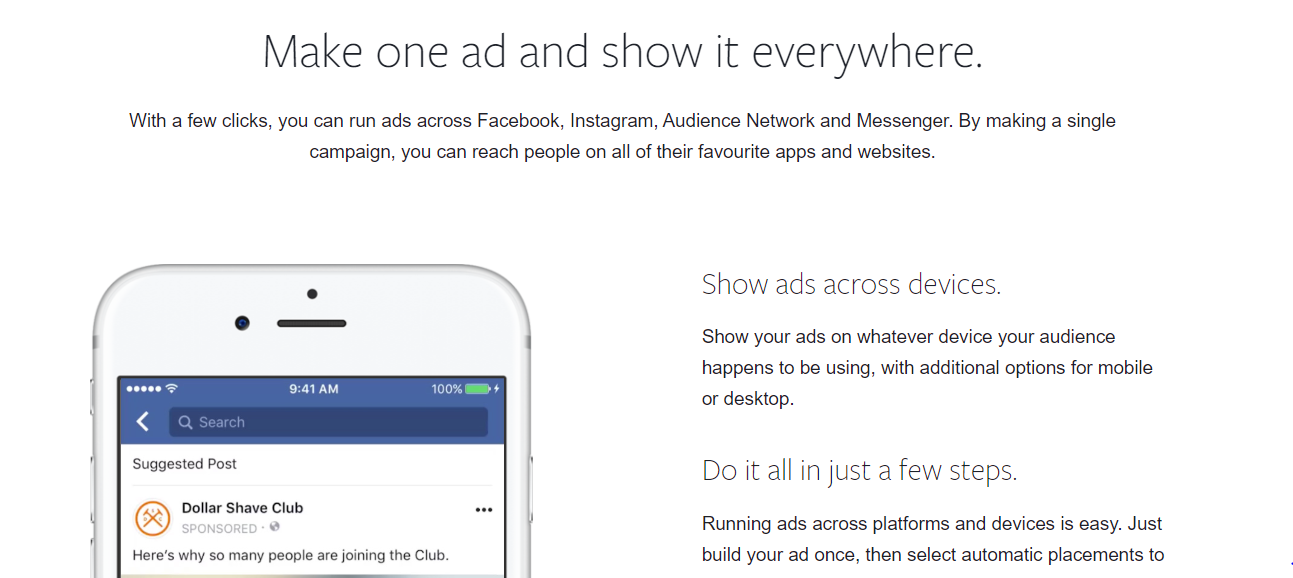Facebook Inc the billion-dollar social media network has been plagued by a series of controversies and scandals. In the recent past, from Cambridge Analytica to fake news to misuse of user data and leakage of user passwords.
It has been a really tough time for the California based company and it looks like their misery will continue.
Instead of working their way towards and ensuring data safety, we’ve witnessed an increase in major privacy-focused issues that revolve around the company.

And now research conducted by Northeastern University, University of Southern California, and a nonprofit organization Upturn have accused Facebook of ad discrimination.
The study is called,
Discrimination through optimization: How Facebook’s ad delivery can lead to skewed outcomes.
Facebook’s ad delivery mechanics is shown discriminating based on ethnicity and gender in this new study. This is in clear violation of civil right laws.
The researchers spent over $8,000 on Facebook ads and according to them, they reached many people among different categories. Researchers state that the advertiser’s budget and the contents of the ads significantly contribute to the skewness of ad delivery.
[fvplayer id=”39″]
The advertisements were clearly breaching anti-discrimination rules.
What is ad-discrimination?

The researchers gave some examples of Facebook ads being skewed. For jobs in the lumber industry, the ads reached an audience that was 90% male with 72% being white male.
Whereas, Facebook ads for positions at taxi companies reached to 75% of black audience.
Advertisements for cashier positions in supermarkets reached an audience that is 85% female.
The data clearly shows a significant skew in delivery and targeting of ads. This is among gender and racial lines in ads for employment and housing opportunities.
How did Facebook respond?
Facebook in their defense has said that they stand against discrimination in any form.
A spokesperson from Facebook said,
“We’ve announced important changes to our ad targeting tools, We’ve been looking at our ad delivery system and have engaged industry leaders, academics, and civil rights experts on this very topic – and we’re exploring more changes.”









